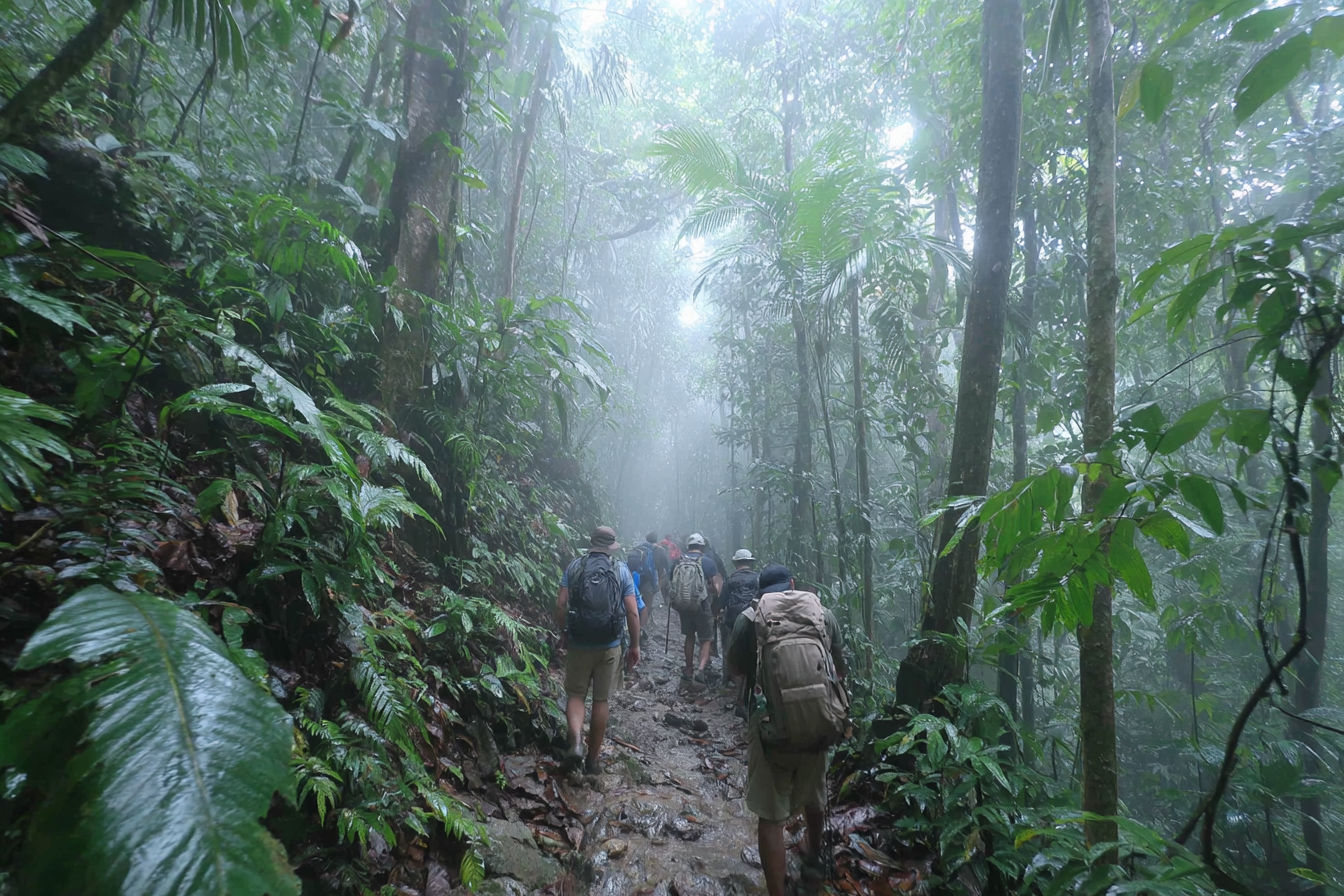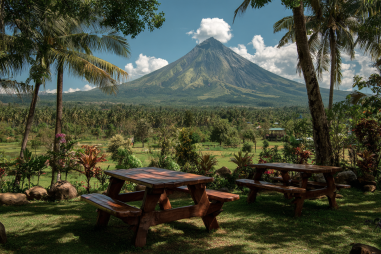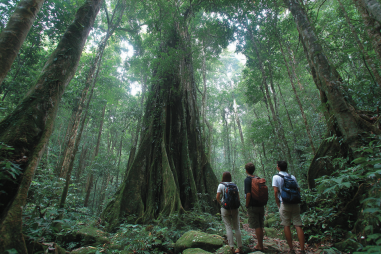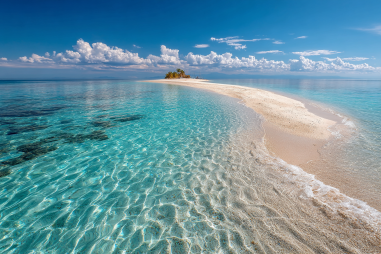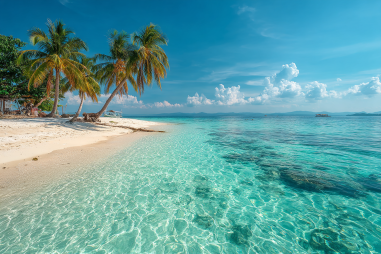Dumaguete, often hailed as the “City of Gentle People,” is not only famous for its warm hospitality but also for its stunning natural landscapes and commitment to eco-friendly tourism. Nestled in the heart of Negros Oriental in the Philippines, Dumaguete offers travelers a unique opportunity to explore its rich biodiversity through sustainable and responsible tourism practices. By embracing eco-tourism, visitors get to experience the area’s pristine forests, vibrant marine life, and cultural heritage while ensuring that these treasures remain preserved for generations to come.
Exploring Dumaguete’s Natural Wonders and Protected Areas
One of the most captivating aspects of Dumaguete eco-tourism is its abundance of protected natural areas and parks that showcase the region’s biodiversity. These parks are vital for conservation, offering safe habitats to a variety of flora and fauna while providing visitors with awe-inspiring experiences.
Some of the must-visit natural spots in Dumaguete include:
- Apo Island: A marine sanctuary famous for its vibrant coral reefs, sea turtles, and diverse underwater species. Apo Island is a top destination for snorkeling and diving enthusiasts who want to enjoy marine biodiversity responsibly.
- Casaroro Falls: A stunning waterfall nestled in the lush forests outside Dumaguete. Getting there involves trekking through scenic trails, perfect for nature lovers who enjoy hiking and bird watching.
- Mt. Talinis Natural Park (also known as Balinsasayao Twin Lakes Natural Park): This protected area features twin crater lakes, freshwater ecosystems, and mountainous landscapes, home to endemic species and rich vegetation.
- Rizal Boulevard: While more urban, this stretch along the sea embraces sustainable development, offering a clean and green space where locals and visitors appreciate sunset views and community events.
Practicing Sustainable Travel in Dumaguete
Sustainable travel is at the heart of Dumaguete’s eco-tourism philosophy. As more travelers seek meaningful and environmentally responsible adventures, Dumaguete has embraced practices aimed at preserving natural habitats and minimizing ecological footprints.
Key sustainable travel practices in Dumaguete include:
- Supporting local conservation efforts: Visitors are encouraged to participate in or donate to local environmental organizations and marine sanctuaries, helping fund preservation projects.
- Leaving no trace: Travelers are urged to avoid littering, stick to designated trails, and respect wildlife by observing from a distance.
- Using eco-friendly transport: Options like biking, walking, or using electric tricycles reduce carbon emissions compared to traditional vehicles.
- Choosing sustainable accommodations: Many guesthouses and hotels in Dumaguete adopt eco-friendly policies, such as reducing plastic use and conserving water.
The Role of Local Communities in Eco-Tourism
The heart of Dumaguete’s eco-tourism lies in its local communities, who play a pivotal role in protecting their environment while promoting cultural heritage. These communities often serve as guides, educators, and caretakers of natural sites, ensuring that tourism benefits both the people and the place.
Community involvement in Dumaguete’s eco-tourism can be seen in several ways:
- Community-based tourism projects: These initiatives allow travelers to experience local culture, traditional crafts, and sustainable farming while providing economic support to residents.
- Environmental education programs: Local schools and NGOs collaborate to raise awareness about the importance of conservation through workshops and guided tours.
- Homestays and eco-lodges: Sustainable accommodations run by locals create authentic experiences and encourage responsible resource use.
Eco-Friendly Tours and Activities to Enjoy
Dumaguete offers a variety of eco-friendly tours and activities designed to immerse travelers in nature with minimal environmental impact. Whether you’re an adventurer or a laid-back explorer, there’s something for everyone.
- Snorkeling and diving at Apo Island: Certified guides ensure that visitors respect marine life, follow sanctuary rules, and use reef-safe sunscreen.
- Hiking in Mt. Talinis and Casaroro Falls: Trails are maintained carefully to avoid habitat disturbance, and organized tours promote responsible trekking.
- Whale watching and dolphin tours: Operators follow strict guidelines to prevent harassment of marine mammals.
- Visiting the Silliman University Anthropology Museum: Gain insights into local indigenous culture, history, and conservation efforts.
- Participating in coastal clean-up drives and tree-planting activities: Travelers can contribute hands-on to environmental preservation during their stay.
Why Eco-Tourism Matters in Dumaguete
Choosing eco-tourism in Dumaguete does more than enrich your travel experience—it supports the long-term health of the environment and local communities. Sustainable tourism helps mitigate issues such as habitat destruction, pollution, and cultural erosion.
The benefits of eco-tourism in this region include:
- Conservation of natural habitats and biodiversity: Increased awareness and funding for protected areas help maintain healthy ecosystems.
- Economic empowerment of local communities: Tourism revenue provides livelihoods while incentivizing preservation efforts.
- Promotion of cultural heritage: Sharing traditions and history fosters pride and cross-cultural understanding.
- Educational opportunities: Eco-tourism encourages learning about environmental challenges and solutions firsthand.
How Travelers Can Make a Difference
If you’re planning a visit to Dumaguete, there are many practical ways to support eco-tourism and help preserve this beautiful destination:
- Choose eco-accommodations: Opt for hotels, inns, or homestays that prioritize sustainability and community involvement.
- Respect local guidelines and regulations: Follow rules within protected areas, such as no fishing zones and trail restrictions.
- Reduce plastic use: Bring reusable bottles, bags, and containers to minimize waste.
- Support local businesses: Buy souvenirs from local artisans and eat at locally owned restaurants.
- Participate in volunteer or educational programs: Engage in activities that promote conservation and community development.
- Travel mindfully: Be conscious of your impact on the environment and culture, practice patience, and seek meaningful interactions.
By adopting these practices, travelers not only enrich their Dumaguete adventure but also become stewards of the environment, ensuring that future visitors can enjoy the same natural wonders and warm hospitality.
Embracing Dumaguete’s Eco-Tourism for a Sustainable Future
Dumaguete’s commitment to eco-tourism serves as an inspiring model for sustainable travel, blending the beauty of nature with cultural richness and community empowerment. Whether you’re diving among coral reefs, hiking through tropical forests, or simply strolling along Rizal Boulevard, every experience here can be meaningful and eco-conscious.
By choosing to travel responsibly in Dumaguete, you contribute to the preservation of its pristine environment and the wellbeing of its gentle people. This approach to tourism not only protects the natural wonders of Dumaguete but also ensures that the city remains a welcoming and thriving destination for generations to come. So, pack your bags with sustainability in mind and get ready to explore Dumaguete’s breathtaking wonders in harmony with nature.

